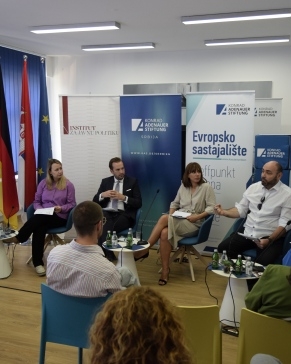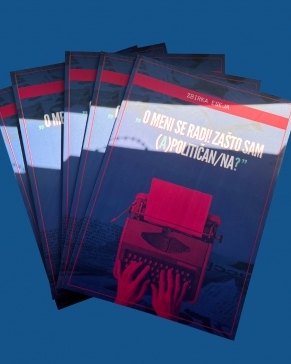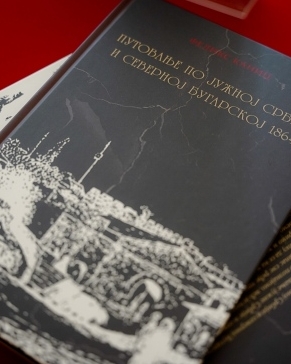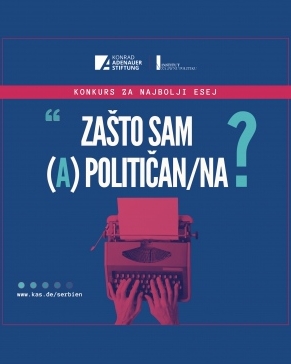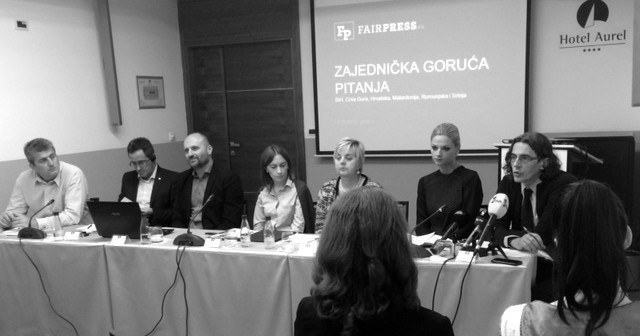
The conference “Common Media Pressing Issues in Six South East European countries” was held on Friday, October the 3rd 2014 in Podgorica.
With regional overview the conference was opened by Munir Poduljak from association Partnership for social development: “Lack of systematized and publicly available data on the media creates a society of hidden intentions. The practice of hiding data on the media avoids timely detection and mapping anomalies and problems that arise in the sector, and therefore that avoids the fight against practice of capturing the media and society.” Paradox is that in countries where privatization occurred to a significant extent (Romania, Macedonia and Croatia), media did not release political influence because of the resulting monopoly and covert ownership. Indeed, political influence become even more dangerous because it’s not public visible and systematically, subtly and continuously generates information that essentially has nothing to do with the truth, with the public interest or education of population, thinks Podumljak. On the other hand, the government, the business sector and, in some parts, all those who have money, including organized crime are using advertising and special financial arrangements to control not only the business of the media, but also the final product – information that citizens consume every day. Podumljak concludes, adding also a trivial fact that the vast majority of journalists are working in unstable conditions with uncertain income, risks and costs of a malignant influence on the media downs to the bizarre proportions. As for the guild solidarity (unions), it does not exist in any of the countries covered by this survey. Activities and work of the guild associations reminds on the times of the early 20th century in the United States, when employers were destroying existing poorly organized unions with the cheap hired labor. In that time, the mafia took over the trade unions by recruiting temporary hired labor force and for the first time mafia controlled the whole industries, explained Podumljak and added:
Currently, the guilds are not able to organize efficiently themselves and that leads to the absence of any resistance to the previously mentioned practices and actually leaves all employees in this industry without any professional, social and community security, at the mercy of all non – transparent influences that are hidden behind the covert ownership, financing and political activities.
Selena Tasić from the Public Policy Institute pointed out a worrying fact that the salaries of journalists are among the lowest in Montenegro, so it is very difficult in such a situation to respect the rule of work in public interest, considering that their work depends on interests of editor-in-chief and media owner.
Borka Rudić of BH Journalists warned on two things. The paradox happened in Bosnia and Herzegovina, because instead of actual events, agenda in medias is dictated by lobbies, which made pluralism of media, but not pluralism of information, or a choice. Another worrying thing is slander, although decriminalized, it is still used as a mean of pressure on journalists, causing insecurity and fear among them.
The condition of the youngest member of the European Union is not much different than the rest of the region. “We don’t know what is the actual readership, we don’t know who is financing media and it is not rare that we even don’t know who are the real owners of the most influential media in the society. If the medias are not accountable and transparent to the public, how can we expect from politicians to be accountable and transparent”, says Iva Milanović – Litre from Partnership for social development.
Duško Medić from the Independent Journalist’ Association of Vojvodina pointed out that the journalistic profession had believed that the things in Serbia will get better, due to the reform of media legislation, but unfortunately the opposite happened. This is well confirmed by the latest happenings on television channel b92 and the abolition of the show “Utisak nedelje” (“The Impression of the week”) which held a public dialog opened, thinks Medić.
Nebojša Ilijevski from the Center for Media Activities sees the leading Macedonian Government as a major treat to the public interest in financing media. Since 2012, all Government’s campaigns are being financed with more than multimillion amounts and this trend is growing from year to year. Ilijevski concluded that, at least, the Macedonian people are very well informed about what their Government is doing.
Sorin Ionita from the Romanian Expert Forum placed (put) particular emphasis on the future of media, which is uncertain, especially if we follow the impact of the Internet on journalism.
The conference was held as a part of the project Civil response to clientelism in the media – MEDIA CIRCLE, financed by European Commission (IPA CSF program) and co-financed by the Office for Cooperation with NGOs (Croatia). The project leader is the Partnership for Social Development from Croatia and national co-applicants are Expert Forum form Romania, BH journalists and Vesta (BiH), Public Policy Institute (Montenegro), The Center for Media Activities (Macedonia), Independent Journalist’ Association of Vojvodina and Yucom – lawyers Committee for Human rights (Serbia).
MEDIA CIRCLE project team met in Podgorica within project activity of building capacity of partners organizations in the collecting the indicators of clientelism, which is established within this project. With the conference “Common Media Pressing Issues in Six South East European countries” we wanted to present a project and the first findings of the survey to the Montenegro public.

